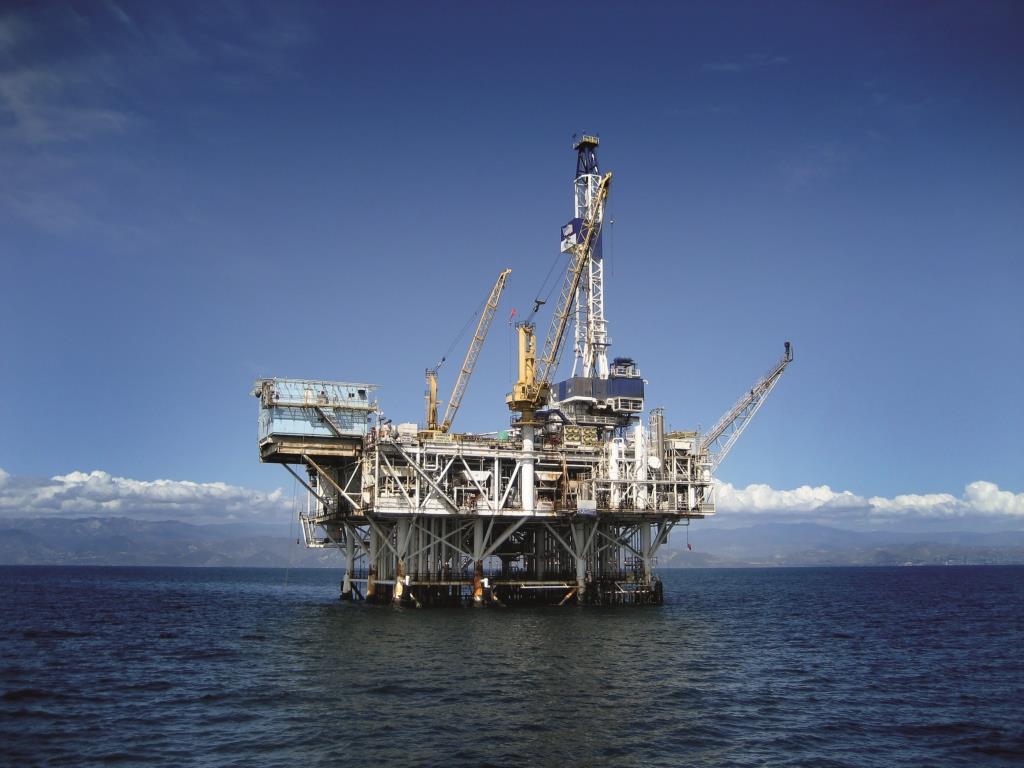Gabon has a population of about 1.5 million people and is an upper middle-income country with a $13.1 billion economy. It may be one of the wealthiest nations on the continent, but it suffers from gaping inequality. The richest 20% of the population accounts for 90% of income; a third live in poverty.

According to the International Monetary Fund (IMF), growth in 2010 was 5.7%, following a contraction of 1.4% in 2009 due to the global recession. The IMF expects growth to remain relatively flat in 2011 at 5.6%. It also expects public investment and a rebound in mining to underpin growth this year. On the other hand, the IMF sees a slowing global economy and the associated downward pressure on commodity prices as a downside risk to growth.
Gabon’s wealth relies on oil, which makes up over 70% of exports, with estimated proven oil reserves of two billion barrels at the beginning of 2010. With faltering oil prices and production constraints, Gabonese authorities are set on diversifying the economy away from this reliance on oil. The government plans to transform by creating a business-friendly environment. To achieve this goal, it is embarking on a public investment drive.
Manganese mining and logging are the economy’s other two key sectors. Gabon also has the world’s largest iron ore deposit, which is likely to attract further investment in the mining sector. Agriculture and tourism remain small sectors in the economy due to a lack of infrastructure.
Loading...
Industry makes up nearly two-thirds of the economy, while services make up nearly a third. Agriculture is a mere 4.5% of the economy.
Gabon has a benign political environment. The incumbent president is Ali-Ben Bongo Ondimba from the long-ruling Gabonese Democratic Party (PDG). He was elected in 2009 following the death of his father, Omar Bongo Ondimba. Despite the opposition crying foul that the vote was flawed, Gabon has remained stable.

The country is due to hold legislative elections in November. The current legislature’s mandate ends in January. In May, the president asked the country’s constitutional court to delay the election for a year so that the country can focus on hosting the African Cup of Nations in January. Gabon is a co-host with Equatorial Guinea. The delay is also to allow for the introduction of a biometric voter system to avoid election fraud. With both the ruling party and opposition essentially in agreement for a postponement, the constitutional court is likely to grant the request.
Loading...
